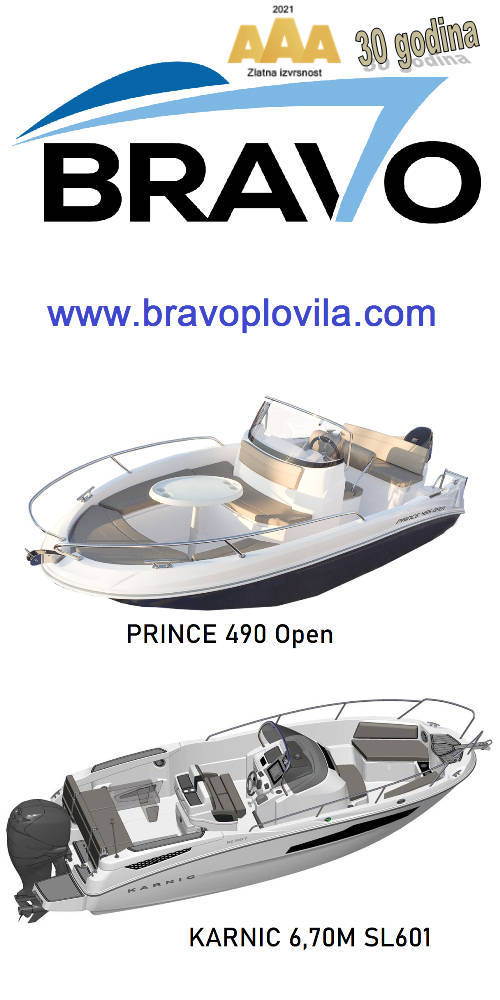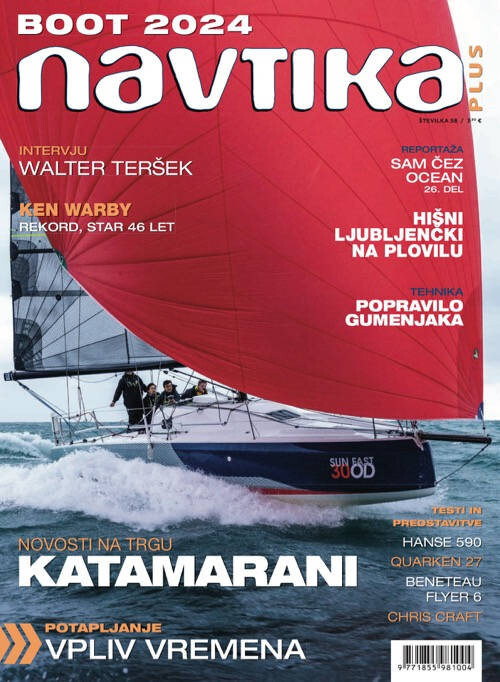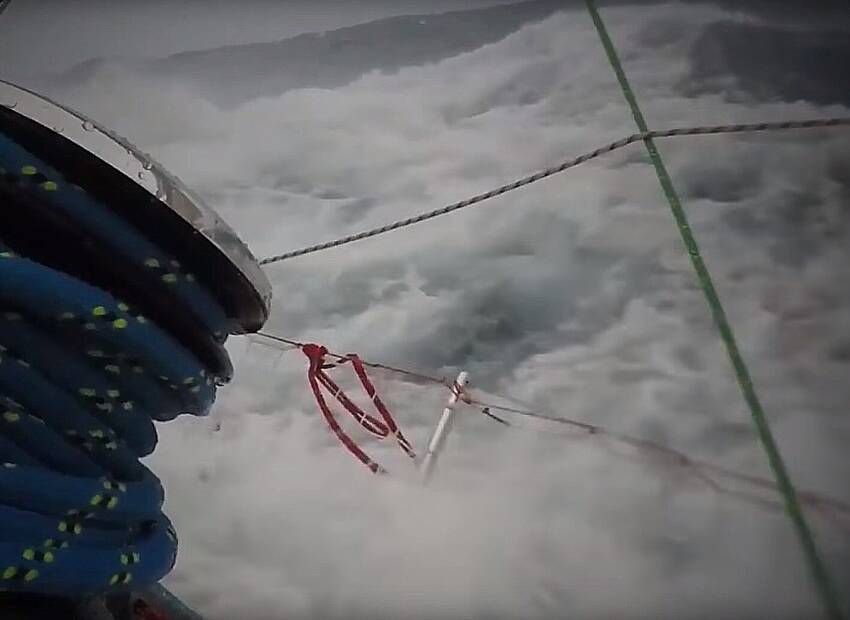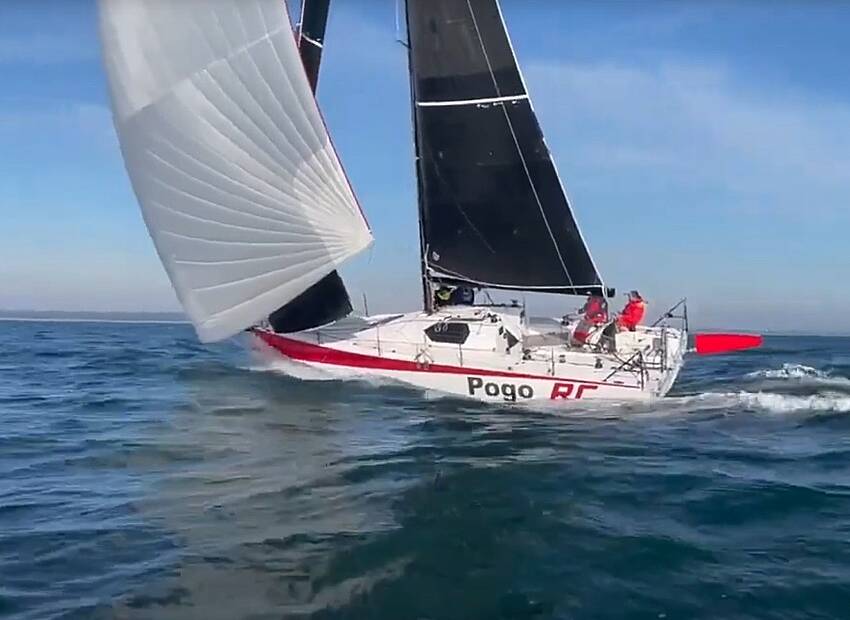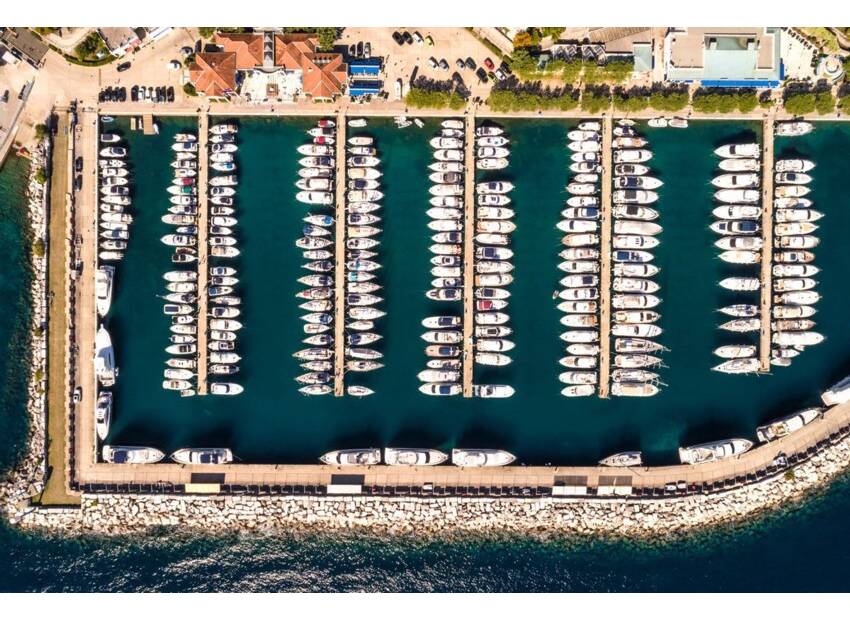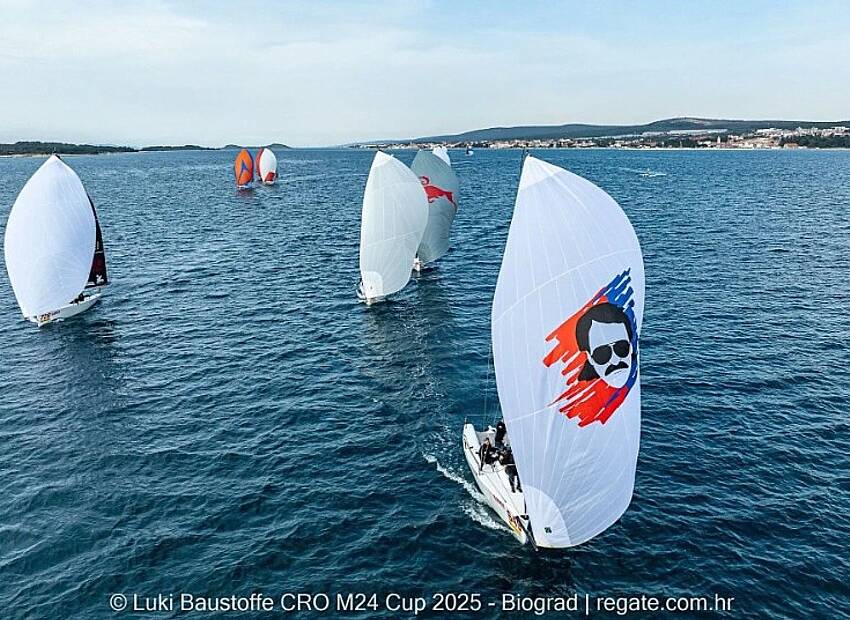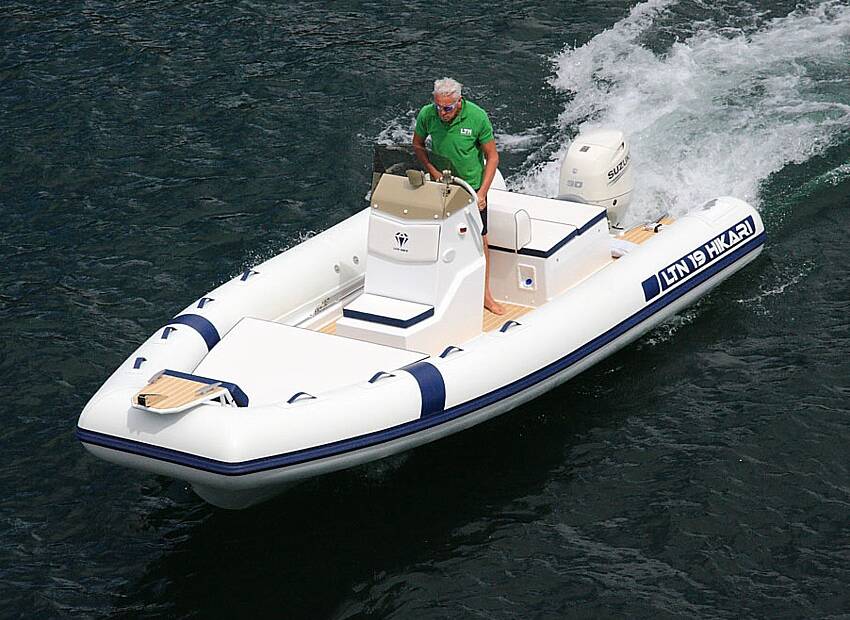Even more one message from San Francisco group Adventure Ecology about recycling and dangerous influence plastics to the seaside, while their vessel Plastiki, made from 12,000 bottles filled with carbon dioxide, crosses the Pacific Ocean and all has approached the final goal in the Sydney, Australia:
The career advice offered to Dustin Hoffman in the opening scene of the Graduate is wry commentary on the modern definition of “progress”. Lurking beneath the irony, however, is a real paradox around our reliance on this conundrum of a material. While many of the great inventions of the 20th century are made from plastic (credit cards, Barbie dolls, vampire teeth), plastic is itself made from highly toxic chemicals that can escape into the environment during manufacturing and can leach into our bodies through food packaging, toys etc. In short, plastic embodies the Mephistophelean tension between wealth and convenience on the one hand and health and environmental risks on the other.

Potential risks aside, there is one incontrovertible problem posed by plastics: there is no good way to dispose of them. Although recycling is an important first step, even a recycled product eventually runs its course and becomes waste. What then? The dilemma is that petroleum-based plastics cannot revert to nature without causing a problem. If they are incinerated, they release ancient CO2 back into the atmosphere, contributing to climate change. If land filled, they add to a legacy of toxic pollution lasting thousands of years. And if dumped on the land or at sea, they put the lives of millions of animals and sea creatures at risk for generations to come.

So what can we do? There are no easy steps, especially given the need for vampire teeth, but here are a few ideas:
1) The most radical yet challenging thing to do is to consume less. Less stuff equals less waste. It also requires less money, which means working less, leaving more time to have more fun…hmmm…
2) Only use re-usable bags. How hard is that, really?
3) Leave all plastic packaging at the shop behind. They will soon get the message (or at least put out some recycle bins).
4) Ask for packaging that will degrade in the environment (paper is not exactly rocket science). If plastic is really needed, then it should be made from renewable materials like sugar not petroleum (yes, plastic can be made from sugar: www.belu.org).
5) Fight recycling apartheid: put ALL plastics into the recycle bin. The recycling industry can profitably process “other” plastics, they are just being lazy.

There are plenty more things that can be done if you are the campaigning sort. Most importantly, we could really use “polluter pays” legislation to ensure that whoever produces a product is responsible for cleaning up the waste. For too long we have accepted the idea that companies can sell rubbish without ensuring there is a means for cleaning up the mess. Let’s not take it anymore. Unless we do things differently, we will face a great future, but one made up of plastic pollution.
www.theplastiki.com





